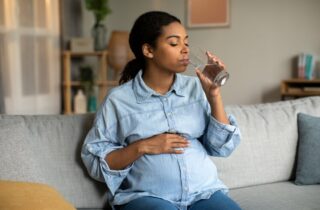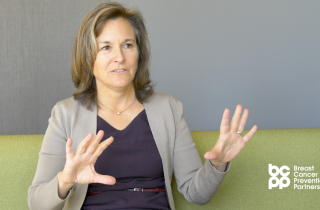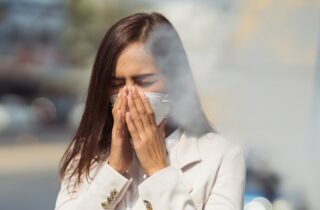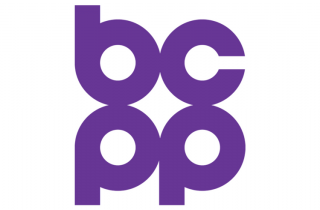Alcohol
Alcohol Consumption
Alcohol consumption increases a woman’s risk for breast cancer. Even light drinking increases risk. By limiting how much you drink, you can reduce your risk.Science Summary
Research strongly links drinking alcoholic beverages with higher risk of breast cancer. Many studies show that breast cancer risk goes up after only 10 grams/alcohol per day, which is less than the alcohol in one standard drink.
Research suggests 16% (1 in 6) of U.S. breast cancer cases are linked to alcohol consumption.
A standard drink (12 ounces of beer, 5 ounces of wine, or one shot of liquor) has approximately 14 grams of alcohol.
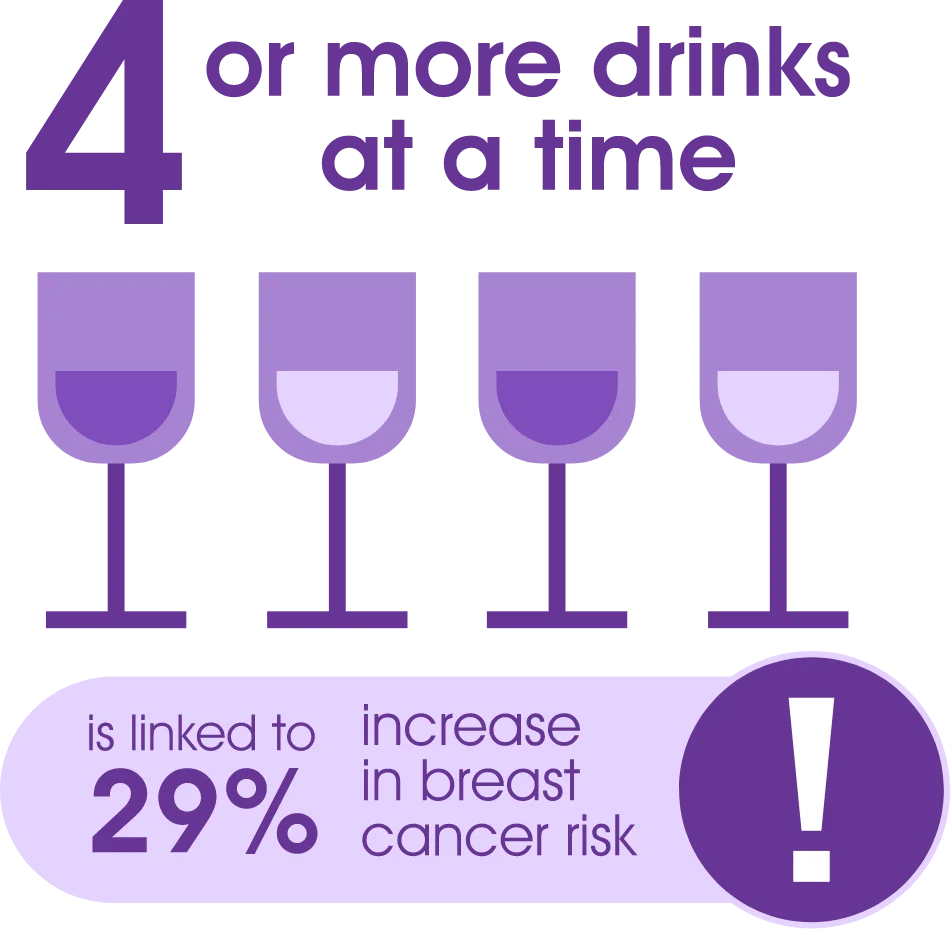
What can I do for my own body and health?
The good news is that you can protect yourself from this risk by limiting or eliminating your consumption of alcoholic beverages. The less you drink, the lower your risk.
What can I do to support the health of my family and friends, and my community?
Talk to your friends and family, educate them about the link between alcohol and breast cancer, and ask them to support you in efforts to limit your drinking. Maybe they’ll join you in reducing or eliminating their own alcohol consumption.
When you socialize, provide fun non-alcoholic drink options, such as mocktails. Find venues other than bars to socialize and celebrate, and make the focus something other than alcohol. You can also ensure work events have similar options available.
And if you need more support to reduce your drinking, there are a lot of great resources available.
How can I navigate and get support with any systemic barriers to my health?
We all experience social pressure to drink alcohol in certain situations. Alcohol is big business, and we are exposed to messages and advertising that depict drinking as cool and fun. But it’s even cooler to debunk these big advertising tactics!
Working together, we can make systemic changes to reduce drinking across our communities, particularly for young people. Early education and reduced advertising have proven to be effective in reducing alcohol consumption.
Having stronger alcohol policies in general, even those not specially targeting youth, reduces the likelihood of youth alcohol consumption and heavy/binge drinking overall. New York, for example, has adopted a multifaceted approach combining stringent legal measures, educational campaigns, and community involvement, which has notably decreased youth alcohol consumption. The state enforces penalties for underage drinking and for establishments caught selling alcohol to minors. Public awareness campaigns like “Talk2Prevent” and the incorporation of alcohol education in school programs provide valuable resources and education to communities, parents, and students. These efforts have collectively contributed to a notable decline in alcohol consumption among youth in the state.
How can I help advocate for and support systemic change to remove barriers to health?
Here are some ways to get involved with systems-level action to reduce breast cancer risk:

Write to your representative, and get engaged with campaigns that help reduce alcohol advertising. Prohibiting alcohol advertising within 500 feet of schools, playgrounds, recreation centers or facilities, child care centers, or libraries would have a huge positive impact on our communities.

Share educational materials on the links between alcohol and breast cancer via social media; and help make them easily available at your local community centers and health clinics.

With community input and leadership, develop strategies to reduce points of sale in communities that have high concentrations of retail alcohol outlets.

Reach out to policymakers, asking them to ban advertising of all alcoholic beverages, including beer and wine, on state-funded university and community college campuses.
Resources
How does alcohol increase the risk of cancer?
Former BCPP Director of Science Sharima Rasanayagam, Ph.D., sheds light on the link between alcohol and breast cancer risk.
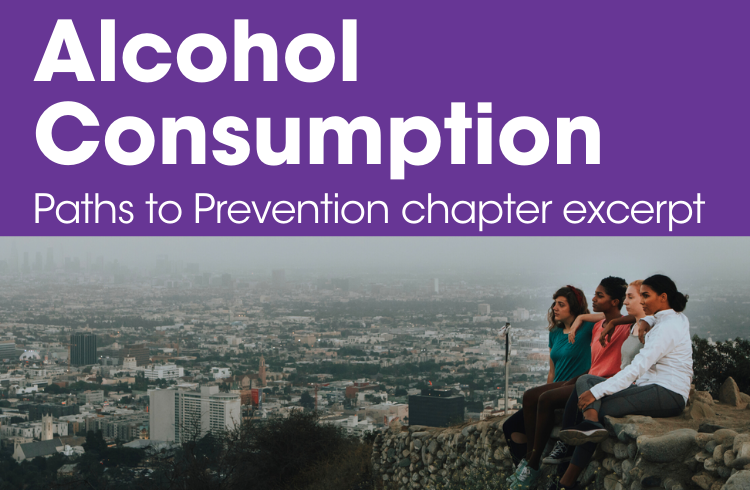
Chapter Pullout
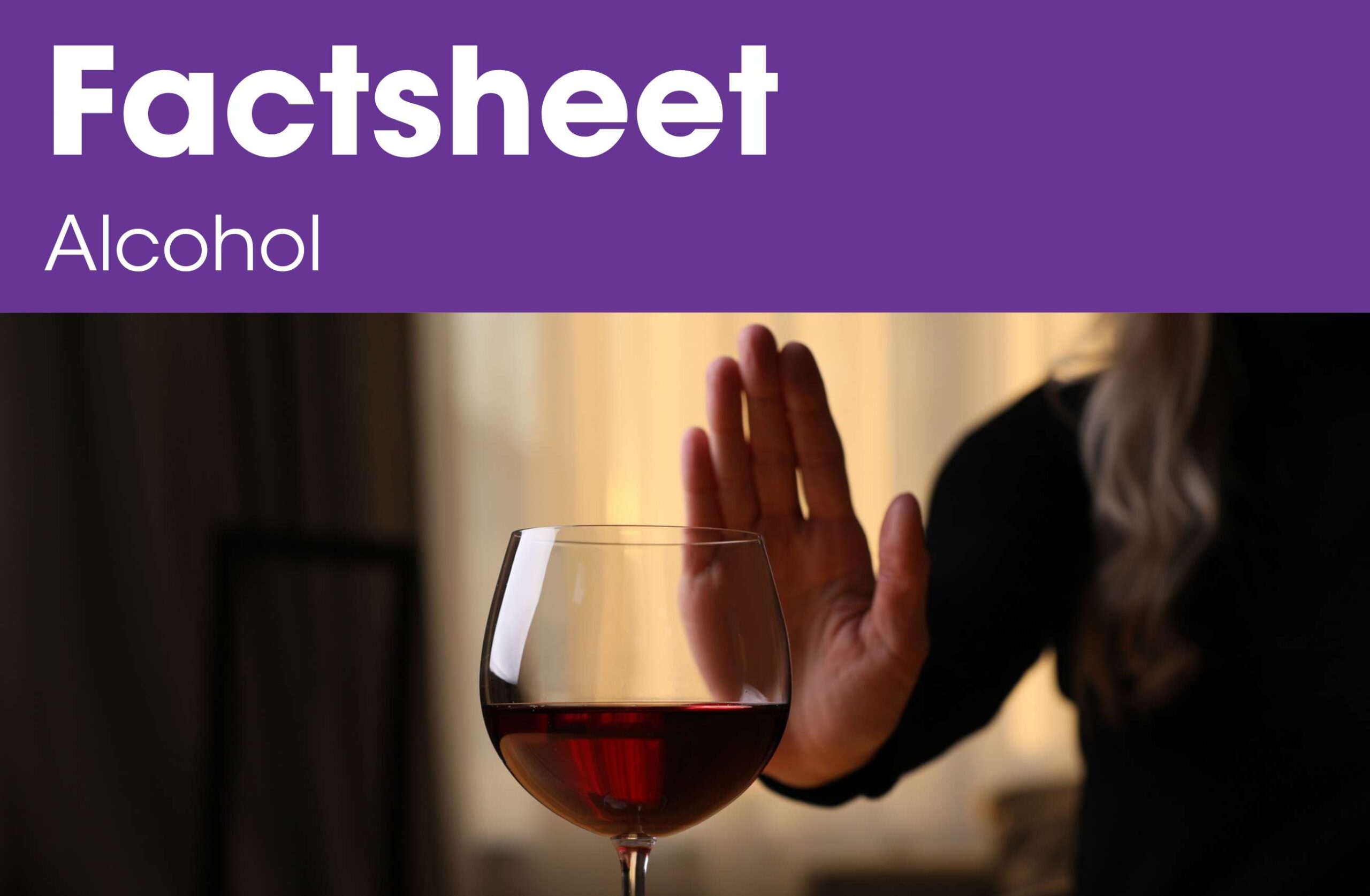
Fact Sheet (English)

Supported by grant funding from Gilead Sciences, Inc. Gilead Sciences, Inc. has had no input into the development or content of these materials.
Types: Fact Sheet, Report

